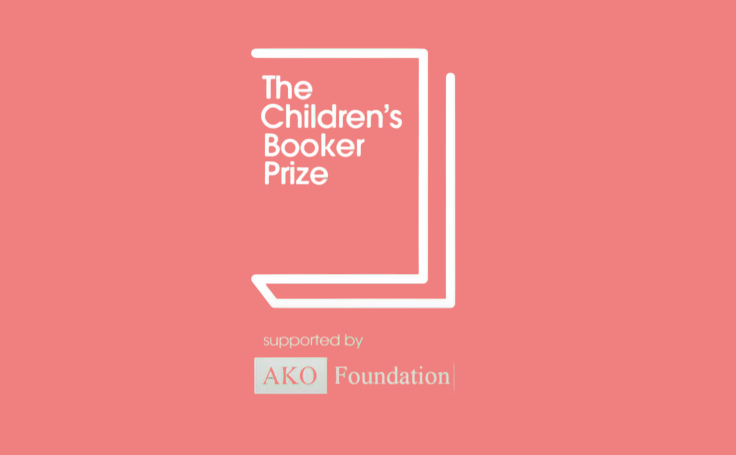The ambitious new initiative by the Booker Prize Foundation aims to inspire reading, elevate authors, and empower young minds.
When the Booker Prize Foundation unveiled its newest literary venture—the Children’s Booker Prize—it wasn’t just another award announcement. It felt like a cultural moment. A statement of intent. A promise that the future of reading belongs, unmistakably, to the young.
Launching in 2026 with a winning announcement slated for February 2027, the Children’s Booker aims to do something surprisingly rare: celebrate children’s fiction with the same seriousness, prestige, and glamour that adult literature enjoys. And in doing so, it hopes to plant the seeds of lifelong readership during the years when imaginations run wildest.
Why an Award for Kids Matters Now
Across the UK—and increasingly around the world—the number of children reading for pleasure has fallen to worrying lows. Publishers have sounded alarms; educators have urged action. Into this landscape steps the Children’s Booker, not as a passive trophy but as a catalyst for change.
Backed by the philanthropic AKO Foundation, the prize is designed not only to spotlight brilliant storytelling but to ensure those stories reach actual children. Through partnerships with organisations such as the National Literacy Trust and The Reading Agency, a minimum of 30,000 copies of selected books will be distributed each year. In an era where access often dictates opportunity, this is a radical commitment.
The Judging: A Literary Democracy
One of the most striking features of the award is its judging system—part literary expertise, part youthful instinct.
The inaugural panel will be chaired by Frank Cottrell-Boyce, the UK Children’s Laureate and one of the most influential voices in contemporary children’s writing. Alongside him will sit two other adult judges who will curate a shortlist of eight standout titles.
Then comes the twist.
Three child judges, chosen through schools and cultural partners, will join the adults to decide the ultimate winner. Their voices won’t just be symbolic—they’ll be decisive. Because who better to judge the best children’s books than the readers they’re written for?
It’s a subtle but powerful shift: an acknowledgment that children are not passive consumers of stories, but active interpreters of the world.
More Than a Prize—A Future Classic in the Making
The Children’s Booker is designed to elevate works that have the potential to become future classics—the kinds of books that shape childhoods, inspire creativity, and linger in memory well into adulthood. It is also a reminder that children’s literature is not a stepping stone to “serious” writing; it is serious writing.
And the Booker Prize Foundation is putting its weight behind this idea. The award ceremony will sit alongside the adult Booker festivities, giving children’s authors a platform they’ve long deserved. Even legendary Booker winner Penelope Lively, who also holds a Carnegie Medal for children’s fiction, is set to give a keynote address supporting the initiative.
The Road Ahead
Submissions open: Spring 2026
Shortlist announcement: November 2026
First winner revealed: February 2027
Between now and then, anticipation will build—not just among writers and publishers but among teachers, librarians, and, most importantly, young readers.
The Children’s Booker Prize isn’t simply another medal on a cover. It’s a long-overdue recognition that children’s literature is a cornerstone of cultural life. The stories we place in young hands shape the world they will grow into. And that sometimes the most profound literary critics are the ones still discovering who they are.
A prize for children. A prize judged by children. A prize that just might change the story of reading itself.






